As far back as I can remember, I was torn between different types of life.
There was a part within me that wanted to explore the world while the other half was looking for a comfortable and “settled” way of living.
A few years ago I felt a growing longing for adventures overseas. I didn’t know at that time that I was in reality seeking self-discovery.
I was drawn to seeing clearly the landmarks and values that I had passively learnt in my childhood, or not truly chosen in my early years of adulthood, and figuring out what was truly me.
I wanted to break with the outgrown parts of myself and find out who I really was. I therefore needed to take off all the layers of skin and suits that I had put on to fit in, to follow the trends or simply to be fully accepted in society.
I wanted to reach my authentic self, which seemed buried deep down.
Travels have been my way to do so.
My dreams of traveling had actually never been about sightseeing or visiting tourist places. What I wanted, at the heart of it, was to use geographical moves to explore my own self.
Self-journeying is greatly facilitated by the exploration of new places and encounters with interesting people on the way. Both take you out of what you know.
First, I traveled through Europe and Western countries. I continued in Southeast Asia and landed in Cambodia, where my understanding of the world and my own life expectations have truly changed and taken off.
My journey has coincided with this yearning to understand us all as human beings. I’m generally attracted to seeing what we share and have in common beyond what seems to pull us apart.
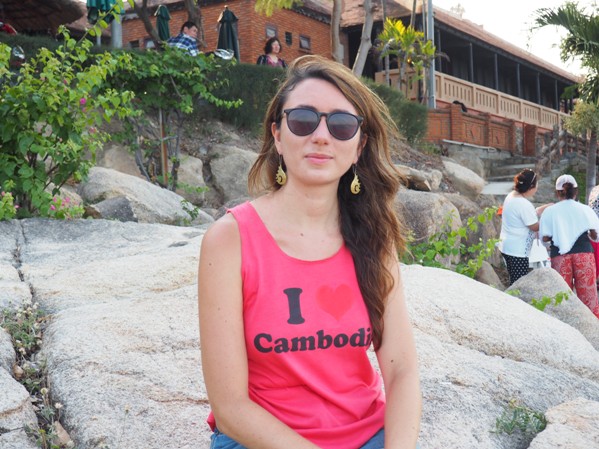
I therefore decided to dive into anthropology research to understand more about the Cambodian sense of identity or self or nationhood.
Those studies have taught me a lot. Anthropologists are as fascinated with human culture as I am. I felt drawn to learn about the construction of collective identity precisely because I was also shaping my own sense of self.
A sense of national belonging is often constructed through the delineation of boundaries with other nations and with what a given country is not. Likewise, people grow and find themselves through experiences that allow them to find out what they like, but also what they don’t like and who they aren’t.
Experiences actually allow the soul to spark with what it doesn’t want, as much as with what it does want.
However, it became rapidly clear that I wanted to explore our humanness by figuring out how I worked as an individual and used that as an example to reach a broader understanding.
No, I wouldn’t study a specific group of foreign people from a scientific perspective. I didn’t want either to investigate a specific civilization, ethnic group, or class whatsoever. I didn’t want to understand our humankind from a starting point of separation.
I would rather be both the investigator and the investigated and understand “us” through the spectrum of my own experiences.
I would dive into the pool of life instead of staying on the side and observing how people swim.
What I mostly wanted was to explore humankind by living.
I realized this calling for understanding “us” wouldn’t require being in a specific place.
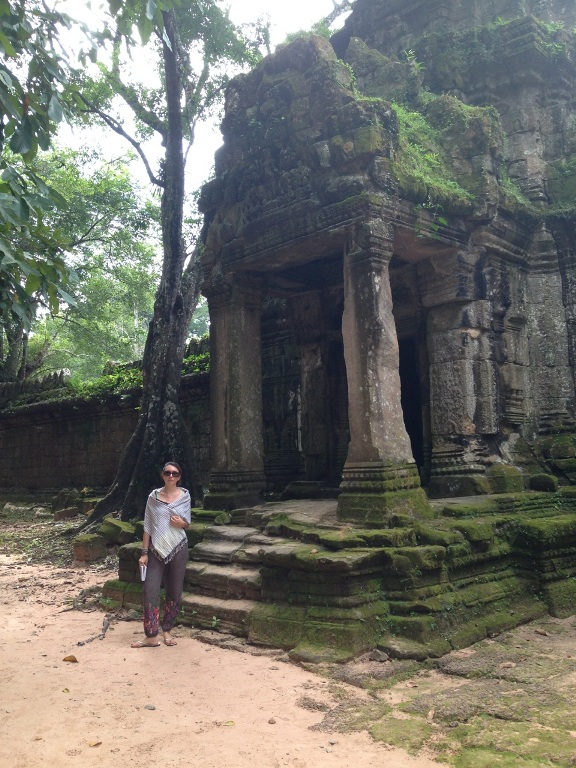
I’m now about to turn 30, and this conclusion emerged quite recently. Before, I didn’t understand what I truly wanted and was torn between a willingness to see the unknown world and a wish to keep some safety and anchoring in my native country. It then became clear that those faraway explorations weren’t meant to be long-term stays and commitments. They were rather a step than a final destination.
Beyond the opposition between those who settle on the other side of the world and the ones who are strongly rooted in a given country and only travel for holidays, I believe that there is another possible way of life in between.
Sometimes, settling in an exotic landscape is about taking advantage of the difference in wages and being wealthier than one could be somewhere else. Sometimes it may be a way to escape from what we can’t bear to see anymore at home: what our parents have done, what our friends are saying or what people are doing.
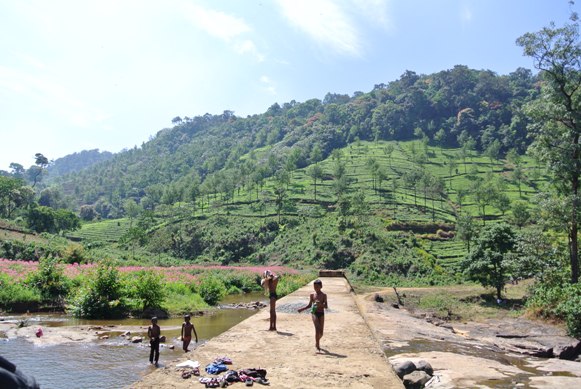
The geographical distance that we put between ourselves now and “who we used to be” creates the break with the old self in a tangible way. However, I believe that it’s possible to come back anew and back to similar landscapes after the hero’s journey has been lived.
I’m writing today from Toulouse, France, my current hometown city while listening to an Italian song.
Everything looks incredibly familiar, but still so different.
After thinking for a few years that I wanted to live anywhere but in France or in Europe, I have found that this feeling was possibly based on “dark” emotions.
I would reject the idea of coming back because I thought that I had changed too much since my beginning. To come back to where I was born while experiencing the self-discovery journey and after all the changes that I have been through seemed too hard because it required me to claim a new identity precisely where I used to have a different one.
It was about coming back to places where I used to be the cliché of what’s socially expected—working a lot, having a good position and a lot of material things—and say that I was going to try and be a writer while still traveling for a while. It was about coming back but with a truly changed understanding of the world and vision of my own role within it. As a new person but in places where everyone would remember an old me.
It was about coming back to a similar geography where many things would still be the same, where cities would exhale the same vibes and people breathe out the same words, and show how much I had changed.
This time geography wouldn’t be the way through which I discover but a means for finding out if I was strong enough to claim my truth anywhere. Our true power actually lies in feeling proud of the most authentic versions of ourselves even where we used to be different people.
Our true power doesn’t reside in hiding spaces.
For unsettled people like me, it seems that our power emerges from living our experiences fully and feeling proud of them anywhere or in any circumstance.
Or perhaps, our true power is found on the road. Traveling around the world, where we get both lost and found. But also on the secret roads of ourselves, the ones that leave no track—those that are only found within.
Author: Sophie Gregoire
Images: Courtesy of Author
Editor: Catherine Monkman; Renée Picard



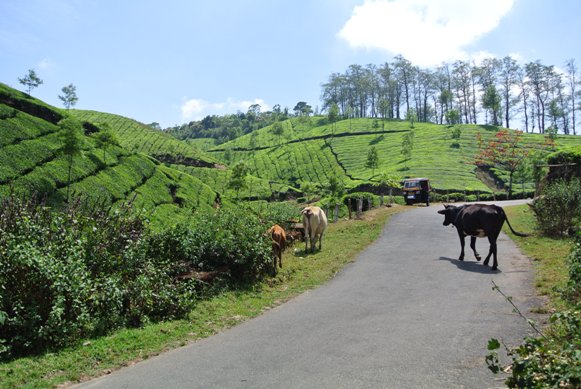
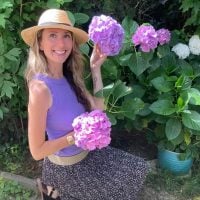





Read 0 comments and reply